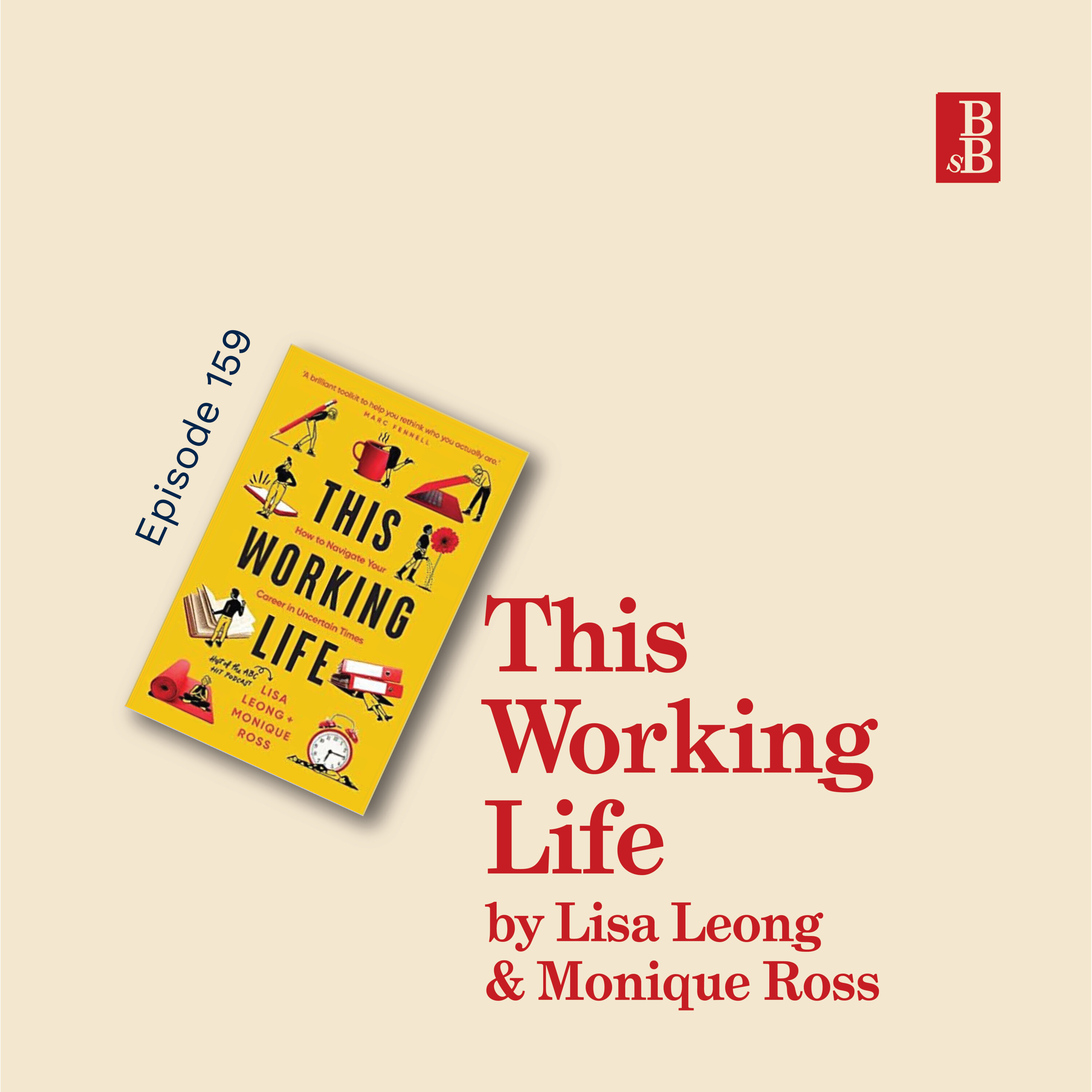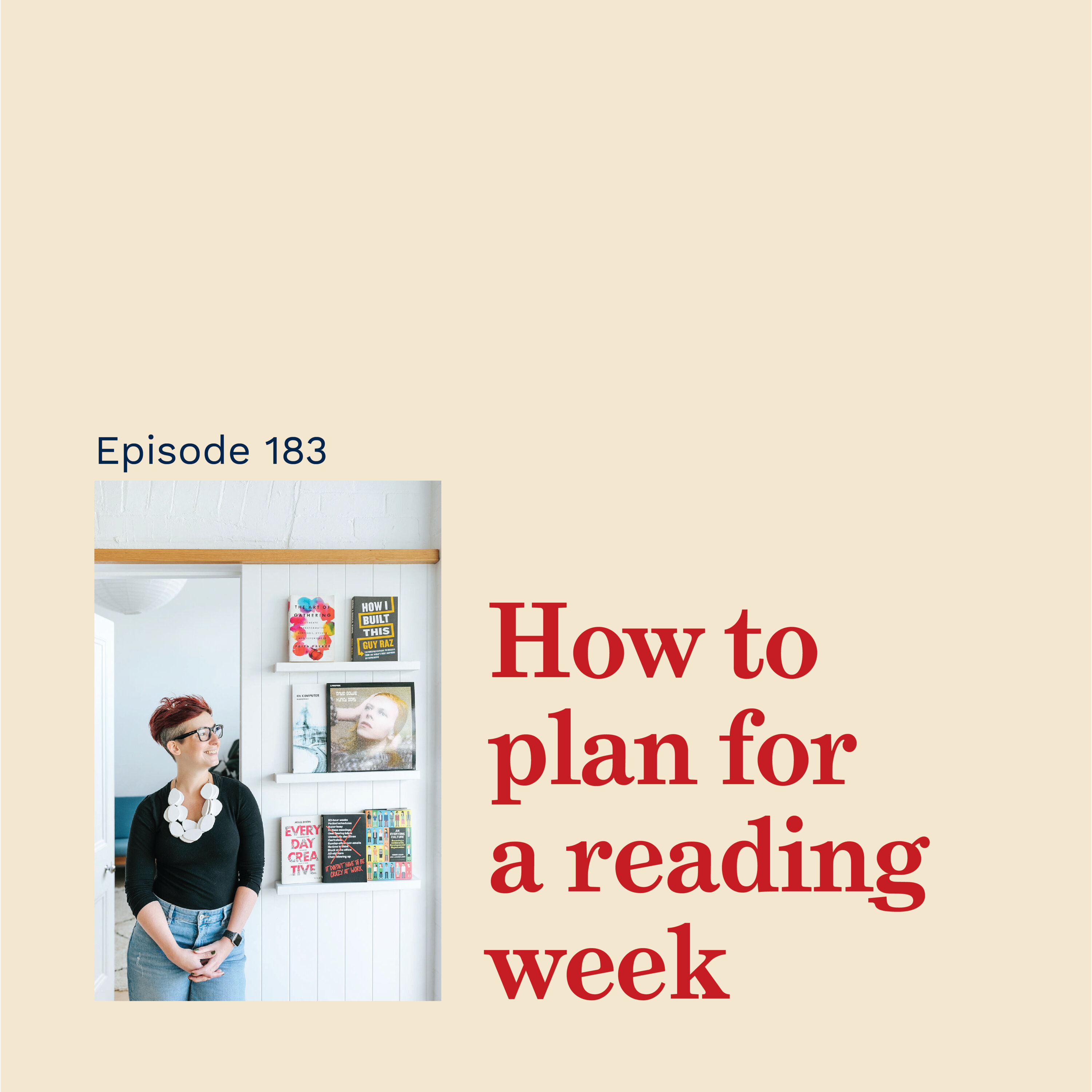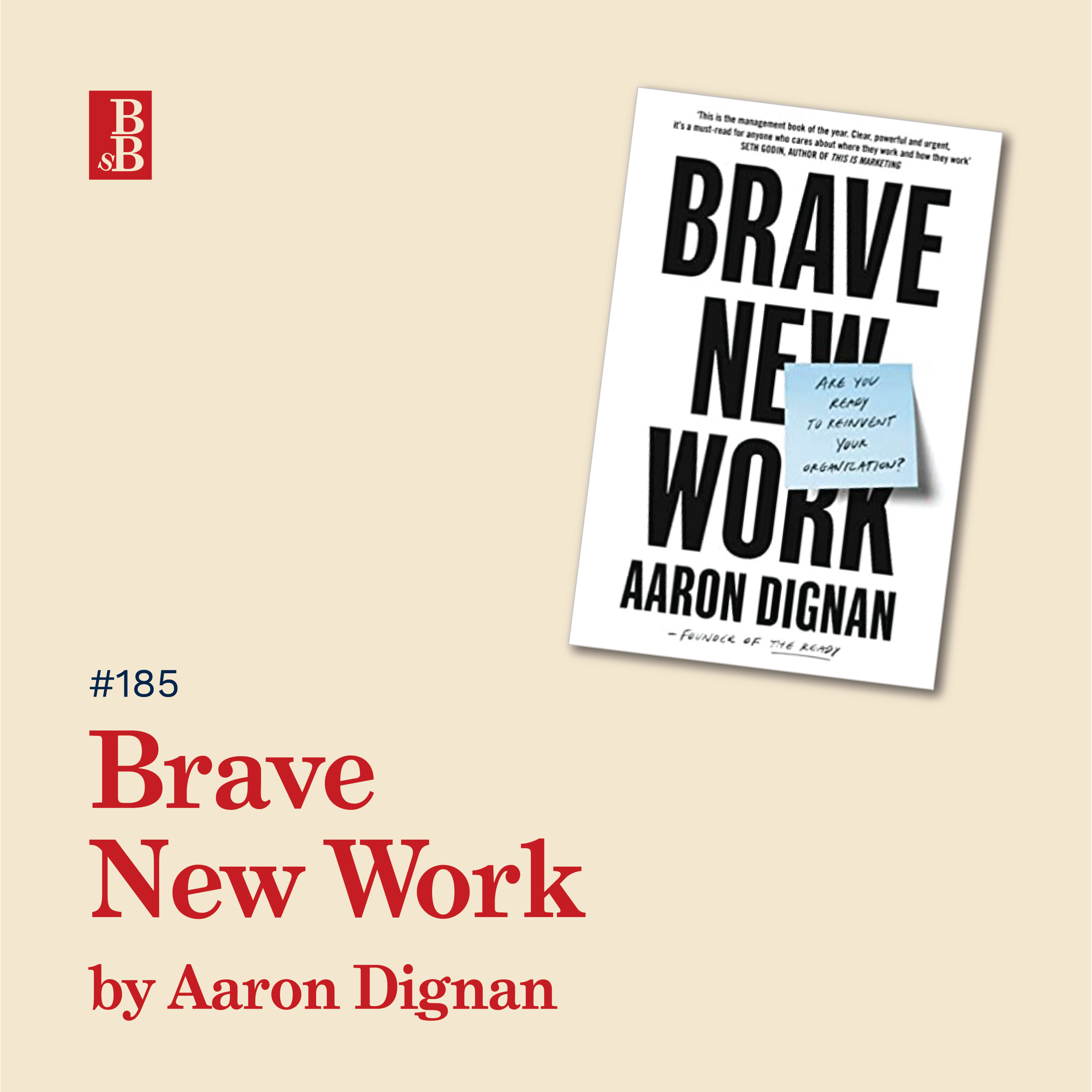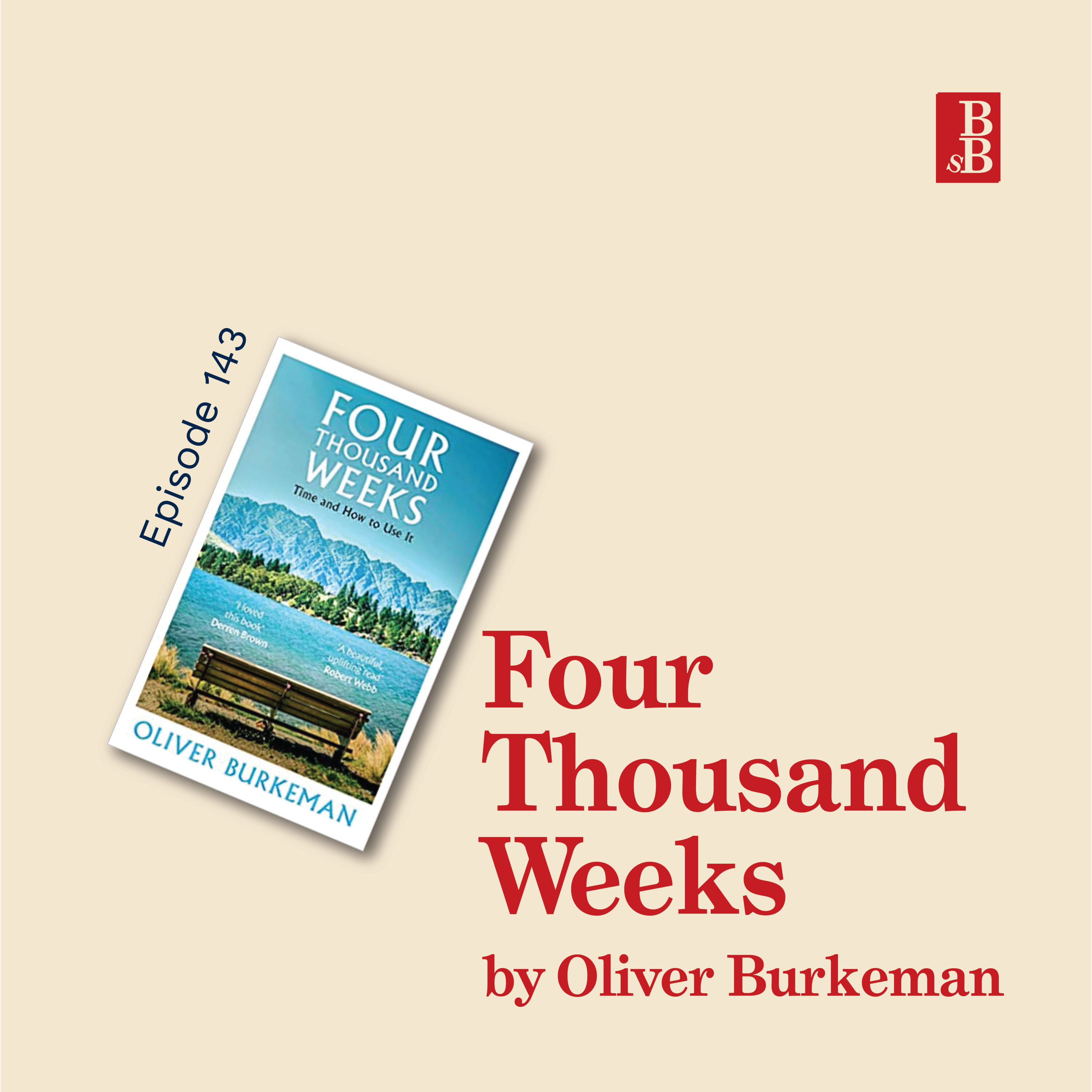Ikigai by Héctor García and Francesc Miralles: the real secrets to living a long and happy life
Hey there, if you like this episode, please consider buying your next book from my Book Depository or Bookshop (US) affiliate sites, or buying me a coffee.
About the book
"Only staying active will make you want to live a hundred years." --Japanese proverb
According to the Japanese, everyone has an ikigai--a reason for living. And according to the residents of the Japanese village with the world's longest-living people, finding it is the key to a happier and longer life. Having a strong sense of ikigai--the place where passion, mission, vocation, and profession intersect--means that each day is infused with meaning. It's the reason we get up in the morning. It's also the reason many Japanese never really retire (in fact there's no word in Japanese that means retire in the sense it does in English): They remain active and work at what they enjoy, because they've found a real purpose in life--the happiness of always being busy.
In researching this book, the authors interviewed the residents of the Japanese village with the highest percentage of 100-year-olds--one of the world's Blue Zones. Ikigai reveals the secrets to their longevity and happiness: how they eat, how they move, how they work, how they foster collaboration and community, and--their best-kept secret--how they find the ikigai that brings satisfaction to their lives. And it provides practical tools to help you discover your own ikigai. Because who doesn't want to find happiness in every day?
About the authors
Héctor García is a citizen of Japan, where he has lived for over a decade, and of Spain, where he was born. He is the author of several books about Japanese culture, including two worldwide bestsellers, A Geek in Japan and Ikigai. A former software engineer, he worked at CERN in Switzerland before moving to Japan.
Francesc Miralles is the award-winning and internationally bestselling author of books about how to live well, together with the novels Love in Small Letters and Wabi-Sabi.
Sources: Amazon and Penguin books
Idea #1 - The mindset of longevity
Living a long time isn’t just about eating well and staying physically active (although they’re also important elements) the mind has a big influence on our longevity too. One study suggested that two dispositions particularly contribute to a long life:
- A positive outlook
- A high degree of emotional awareness
Beyond these elements, the book heavily focuses on the idea of finding meaning and purpose, and also connecting with others. These elements come up time and time again with the conversations the authors have with the residents of the Blue Zones.
There’s also an interesting note on stress. We all know that high levels of stress are bad for us; it actually damages our DNA, shortening both our telomeres and as a result, our lives. However, a longitudinal study showed that a certain amount of stress is actually good for us. It showed that those who worked until an older age and lead more ‘intense’ lives actually lived longer than those who retired early and had more relaxed lives.
Idea #2 - The meaning of life
The book references Viktor Frankl’s logotherapy work, which is focused on helping people find meaning, even when they’re in pain. It’s important to remember that we don’t create meaning, we discover it. And we should hold it lightly, letting it evolve over time.
Much of the meaning in our lives comes from other people, and connection and community was a fundamental part of the centenarian’s lives. Being part of a community or volunteer group gave many of them meaning and identity.
Idea #3 - The ten rules for a long life
Throughout the authors’ interviews, there were ten clear recurring themes in the advice from the Ogimi residents:
- Stay active, don’t retire
- Take it slow
- Don’t fill your stomach (only eat until you’re 80% full)
- Surround yourself with good friends
- Get in shape for your next birthday
- Smile
- Reconnect with nature
- Give thanks
- Live in the moment
- Follow your ikigai
Easy as that.
One of my favourite quotes from the Ogimi residents was this:
“There’s no secret to it. The trick is just to live.”
You may also enjoy these episodes:
Man's Search for Meaning by Viktor Frankl
The Power of Rituals by Casper ter Kuile
Support my book habit: https://www.buymeacoffee.com/stephsbookshelf
See omnystudio.com/listener for privacy information.
Hey, have you subscribed to the bookmark newsletter? If you liked this, you might like my twice-monthly email with book reviews and ideas of what you should be reading, and listening to, next. Click here to subscribe.

















